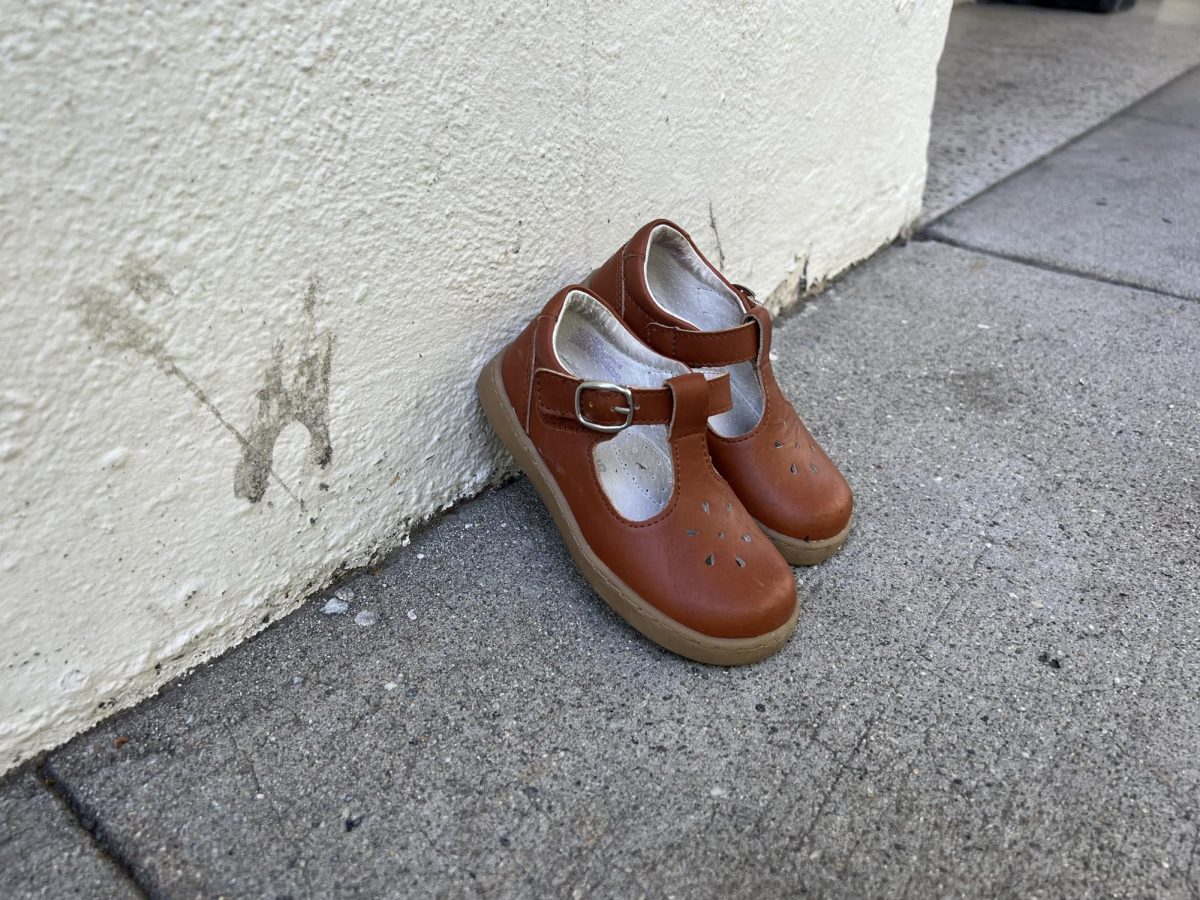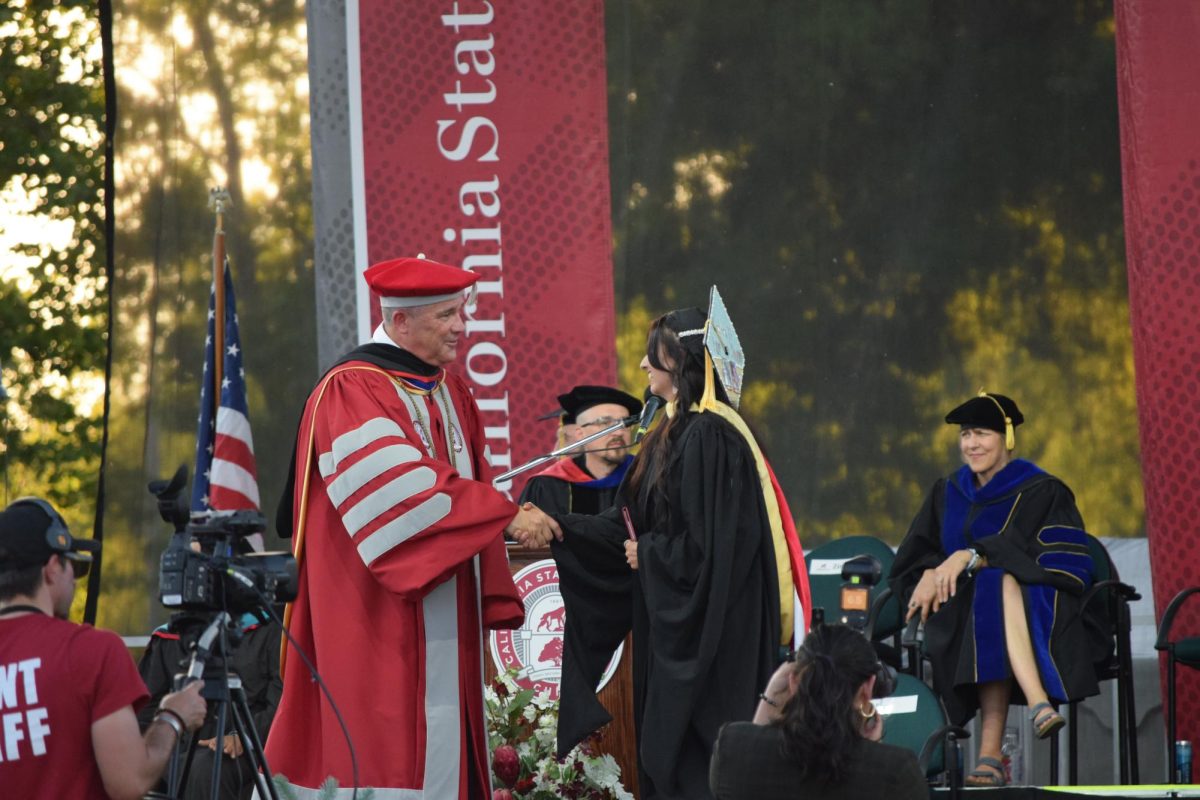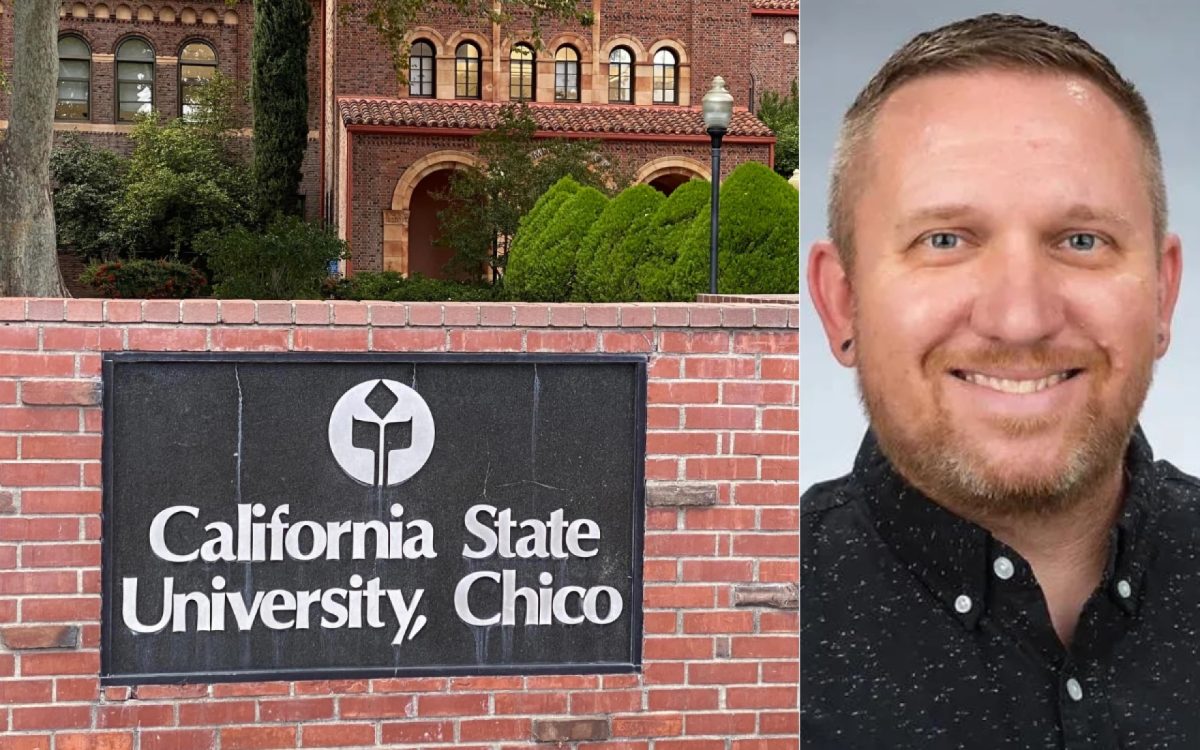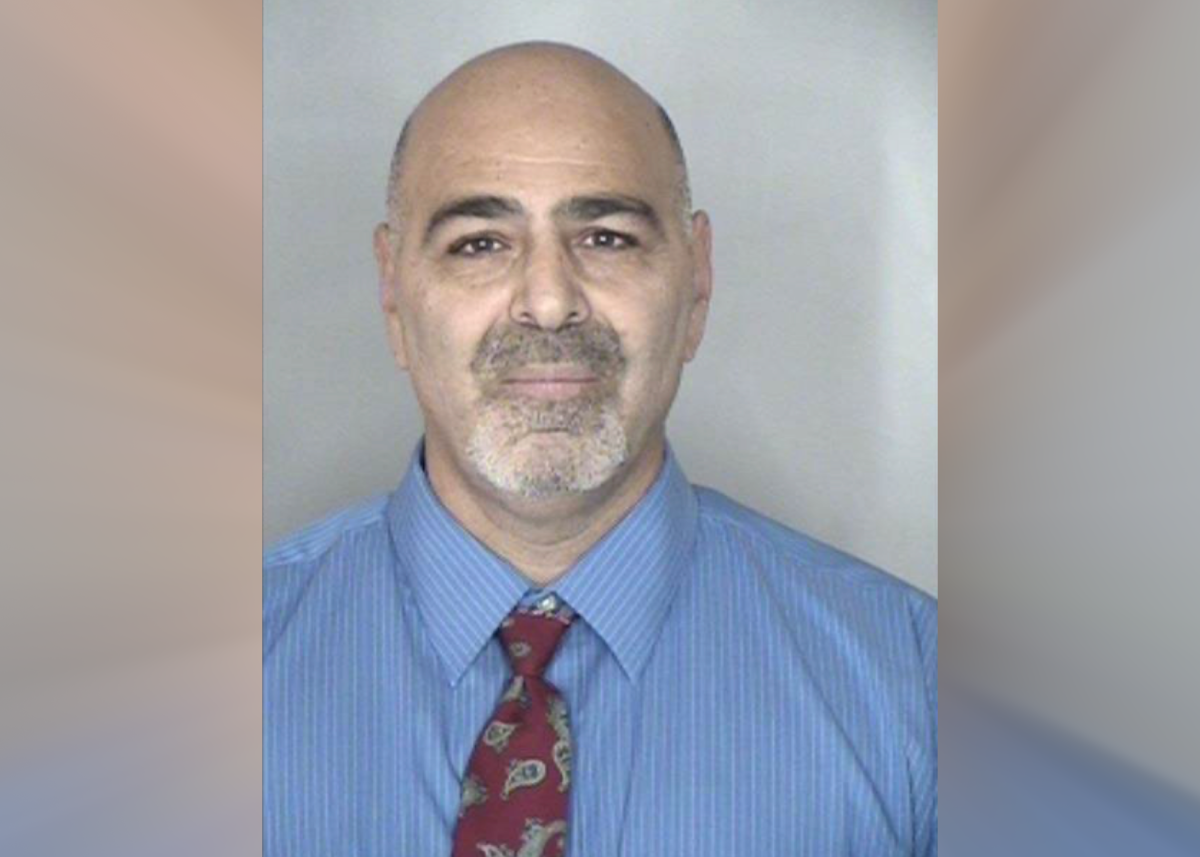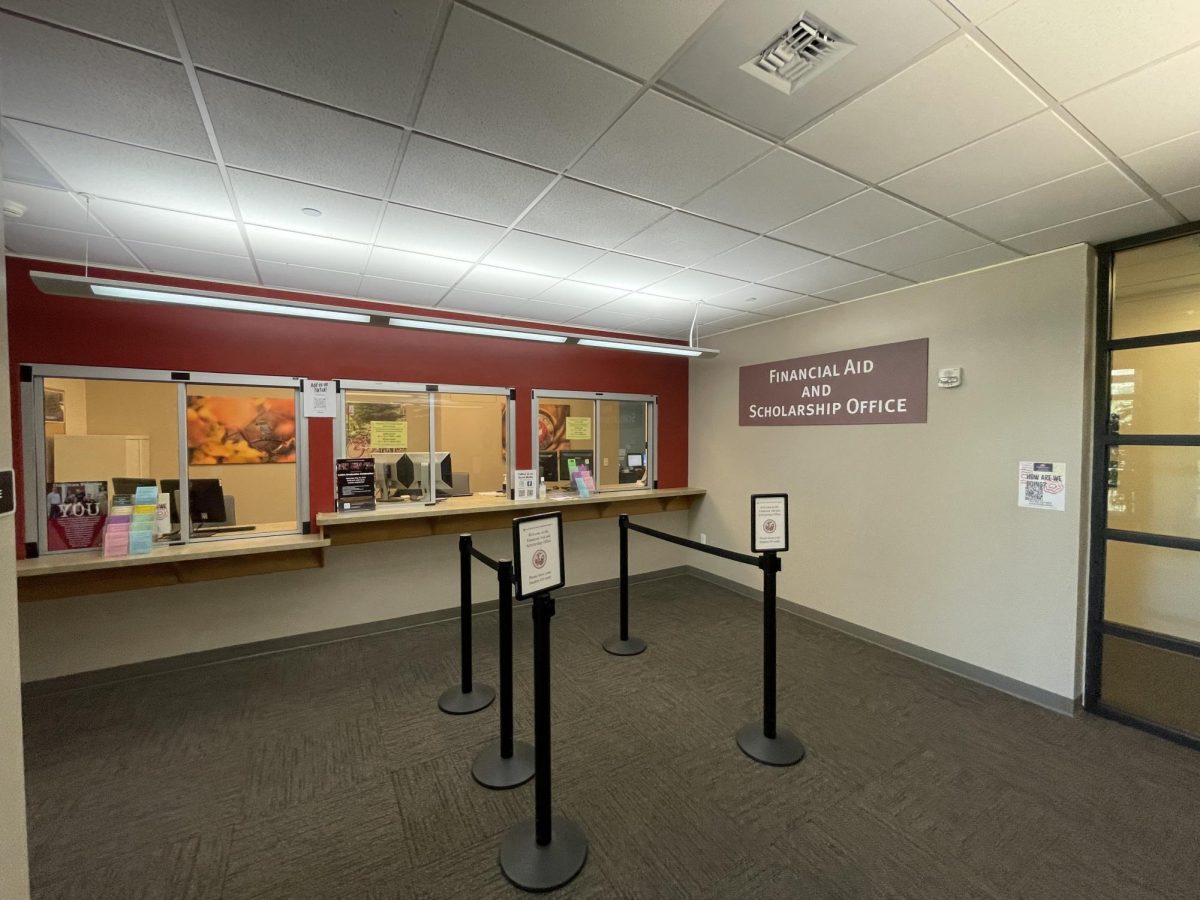Lecturers may be underpaid based on their workload and educational background, according to a faculty union report.
Vince Ornelas, Chico State chapter president of the California Faculty Association, presented the report at an Academic Senate meeting Oct. 31. The California Faculty Association is a union that represents professors, coaches and librarians employed at CSU campuses statewide.
Ornelas called on Chico State President Paul Zingg to address salary concerns among lecturers, chiefly that many lecturers are being placed in lower salary ranges than they are qualified for.
About 39 percent of lecturers statewide are in intermediate to high salary ranges, according to the report.
But at Chico State, about 22 percent of lecturers are appointed into the middle to highest salary ranges, which are B, C and D respectively, according to the report. About 77 percent of lecturers are ranked in the lowest and second to lowest pay ranges, L and A respectively.
“The upshot of the report is that it appears that Chico State classifies a much higher percentage of its lecturers in the lowest paid range for lecturers that it violates its own guidelines when it does so,” Ornelas wrote in a letter attached to the report.
Lecturers are classified into a certain salary range based on their educational background and classroom responsibilities, according to Chico State guidelines cited in the report.
Range L lecturers typically teach lab sections and may grade papers or exams, according to the guidelines. They typically hold a bachelor’s degree. There are 83 lecturers in the L range at Chico State, according to the report.
To be eligible for the second-lowest pay grade, the lecturers must have a bachelor’s or master’s degree, and lecturers in that range have a “major responsibility” for conducting a course.
Some of those lecturers may also have a master’s degree, according to a survey conducted by the union on a small group of lecturers.
“In a lot of fields, the master’s is considered the terminal degree,” Ornelas said. “In other fields, the doctorate is considered the terminal degree, and so you have individuals who are being misclassified because there is some other designation that is being used as a terminal degree.”
The report proposed an audit of all lecturers to review their educational backgrounds and responsibilities in order to ensure salaries are appropriated fairly.
The report also suggested that the lowest pay grade be eliminated.
Cal Poly Pomona, Cal State East Bay and the California Maritime Academy don’t employ any lecturers in the L range, according to the report. At Cal State Long Beach, only five of the 1132 lecturers are in the L range.
At the Academic Senate meeting, President Zingg said a “multi-staged approach” will be used to address salary concerns.
“There are substantive issues of concern about faculty salaries that I agree should be addressed,” Zingg wrote in an email. “And I intend to do so through gathering data that will help clarify the gravity and nature of the issues on our campus.”
The university has not released the details of that process yet.
Ornelas met with Zingg and Belle Wei, the provost and vice president of academic affairs, Friday to discuss salary issues, Ornelas said. At that meeting, Zingg proposed a systemwide review.
“They can take a look at it systemwide,” Ornelas said. ”But, simply because somebody has less of a problem at San Luis Obispo doesn’t necessarily mean that we have a similar sort of issue. We may have a much more exaggerated issue here at Chico State.”
The meeting has only opened a long-term discussion, and no resolution has been agreed upon, Ornelas said.
“They’re taking a look at the data that we’ve provided them, and we’re going to give them additional data,” Ornelas said.
The problem may not be consistent across all seven colleges at Chico State, Ornelas said. The union is currently reaching out to all lecturers to find out what degrees they hold to get a better sense of which colleges may have misclassified salaries.
How the college might pay for increased salaries for lecturers is also unclear, Ornelas said.
“Obviously, there are going to be financial implications for the university,” Ornelas said.
The union hopes the university finds a solution by the end of the academic year, he said.
“It’s a ‘to be continued’ story,” Ornelas said.
Mozes Zarate can be reached at [email protected] or @mzarate139 on Twitter.








